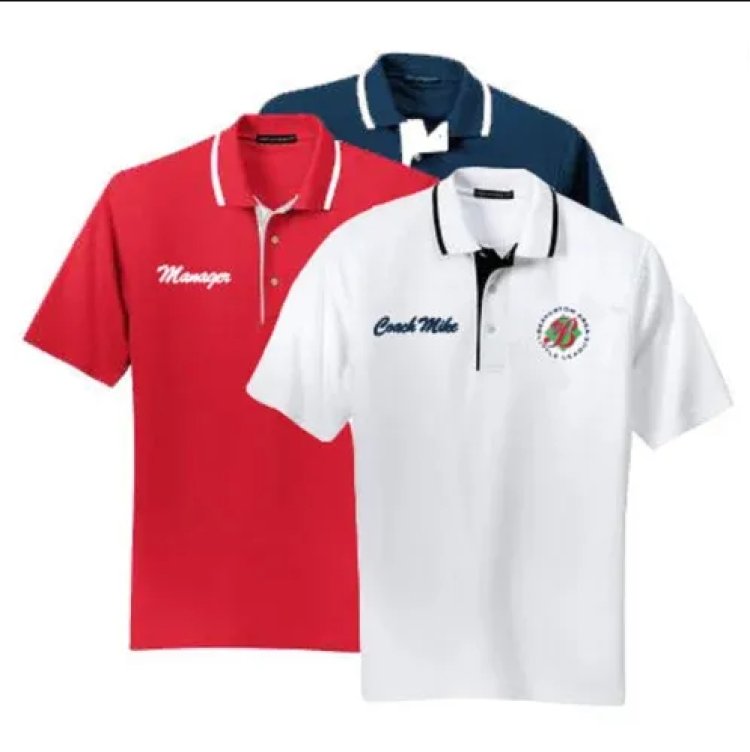The Evolution and Influence of T-Shirts in the Fashion World
FIBRE CROPS CLOTHING as a Manufacturer and Supplier of T-Shirts at Best Price. Elevate your style by wearing our T-Shirts. A soft and breathable one which is an excellent choice for the warmest day. It will mix great with any pair of lowers. They’re the quintessential casual shirts
Share this Post to earn Money ( Upto ₹100 per 1000 Views )
The Evolution and Influence of T-Shirts in the Fashion World
A Humble Beginning
The T-shirt, a ubiquitous garment in today's fashion world, has a history rooted in practicality and simplicity. Originating as an undergarment in the 19th century, the T-shirt evolved from the basic union suit. By the early 20th century, it had become a staple for the working class, thanks to its comfort and ease of wear. Its transformation into a fashion icon, however, began in the post-World War II era, when returning soldiers wore them as casual wear.
The Rise of the T-Shirt as Fashion
The 1950s marked a pivotal moment for the Plain T-shirt. Hollywood played a significant role in its rise, with icons like Marlon Brando in "A Streetcar Named Desire" and James Dean in "Rebel Without a Cause" epitomizing the rebellious spirit of the era. Their portrayal of the T-shirt as a symbol of youthful defiance and individuality resonated with a generation seeking to break free from traditional norms.
By the 1960s and 70s, the T-shirt had firmly established itself as a canvas for self-expression. The counterculture movement embraced it, using bold graphics and slogans to convey political messages and personal beliefs. The T-shirt became more than just a piece of clothing; it was a statement.
The Graphic Tee Explosion
The advent of screen printing technology in the 1960s revolutionized the T-shirt industry. This innovation allowed for mass production of graphic Plain T-shirts, leading to an explosion of creativity. Bands, artists, and brands began to use T-shirts as a medium to connect with their audience. The graphic tee became a staple in music culture, with iconic designs from bands like The Rolling Stones and Pink Floyd becoming collectibles.
In the 1980s, the rise of designer T-shirts brought a new level of prestige to this simple garment. Fashion designers like Calvin Klein and Ralph Lauren began incorporating Plain T-shirts into their collections, elevating them from casual wear to high fashion. This trend continued into the 90s and beyond, with luxury brands like Gucci and Balenciaga producing their own versions of the T-shirt.
T-Shirts in Modern Fashion
Today, T-shirts are a ubiquitous part of both high fashion and streetwear. The versatility of the T-shirt makes it a staple in wardrobes around the world. Designers continually push the boundaries, experimenting with materials, cuts, and designs to keep the T-shirt fresh and relevant.
Streetwear culture, in particular, has had a profound impact on the evolution of the T-shirt. Brands like Supreme, Off-White, and A Bathing Ape have turned the T-shirt into a highly sought-after item, often released in limited editions that create a sense of exclusivity and urgency. Collaborations between streetwear brands and high fashion houses have blurred the lines between luxury and casual wear, further cementing the T-shirt's place in modern fashion.
The T-Shirt as a Cultural Icon
The T-shirt has transcended fashion to become a cultural icon. It is a canvas for art, a platform for political statements, and a means of personal expression. Graphic tees continue to be a powerful tool for spreading messages, whether they are promoting social justice causes or celebrating pop culture.
Celebrities and influencers have played a significant role in maintaining the T-shirt's relevance. Social media platforms like Instagram and TikTok have made it easier than ever for trends to spread, and the T-shirt remains a popular choice for influencers looking to make a statement. The ease of customization and the ability to quickly produce and distribute designs have made the T-shirt an enduring symbol of contemporary culture.
Sustainable Fashion and the Future of T-Shirts
As the fashion industry faces increasing scrutiny over its environmental impact, the T-shirt is also evolving to meet the demands of sustainable fashion. Brands are exploring eco-friendly materials, ethical manufacturing practices, and circular fashion models to reduce waste and promote sustainability.
Organic cotton, recycled polyester, and innovative materials like hemp are becoming more common in T-shirt production. Companies are also focusing on ethical labor practices, ensuring that workers are paid fairly and work in safe conditions. The rise of second-hand fashion and clothing rental services is also changing the way consumers view T-shirts, encouraging a more sustainable approach to fashion.
Conclusion
From its humble beginnings as an undergarment to its current status as a fashion staple, the T-shirt has undergone a remarkable transformation. Its versatility, ease of wear, and potential for self-expression have ensured its place in the fashion world for decades. As the industry continues to evolve, the T-shirt will undoubtedly remain a central piece, adapting to new trends and technologies while retaining its timeless appeal.















